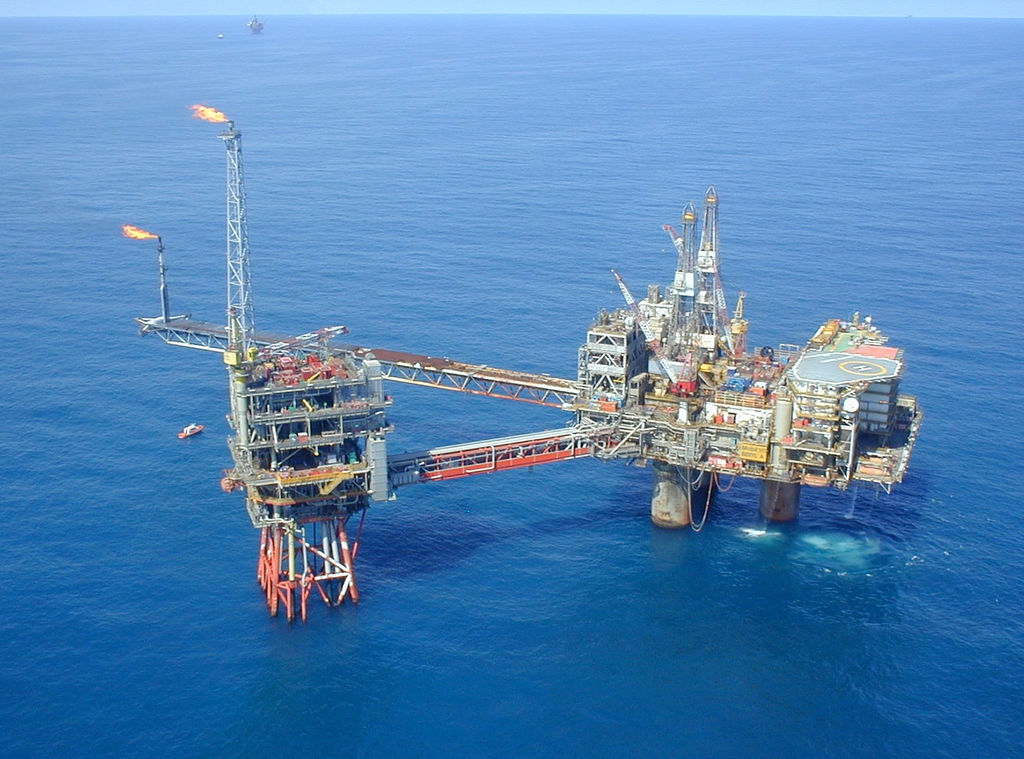Publications

In the past few years large gas fields have been discovered in Israel and Cyprus, and the Eastern Mediterranean region is believed to be holding substantial amount of natural gas and perhaps oil. The public agenda has so far focused on the economic potential of these new findings. Natural gas will assist the local industry, lower the electricity prices while polluting less, and has potential to revolutionize car fleets which are currently dependent on oil. Furthermore, gas will probably be exported to Europe or Eastern Asia, and the taxation of the natural resource profits can create new revenues for the region’s countries. The natural gas profits will have to be used wisely in order to prevent major changes in the exchange rates which may hurt the competitiveness of local manufacturing industries.
In the past few years large gas fields have been discovered in Israel and Cyprus, and the Eastern Mediterranean region is believed to be holding substantial amount of natural gas and perhaps oil. The public agenda has so far focused on the economic potential of these new findings. Natural gas will assist the local industry, lower the electricity prices while polluting less, and has potential to revolutionize car fleets which are currently dependent on oil. Furthermore, gas will probably be exported to Europe or Eastern Asia, and the taxation of the natural resource profits can create new revenues for the region's countries. The natural gas profits will have to be used wisely in order to prevent major changes in the exchange rates which may hurt the competitiveness of local manufacturing industries.
With the potential, the new findings also bring major challenges. The countries in the region will have to delimit their maritime borders. So far, Cyprus has been leading such efforts and has signed and ratified agreements with Israel and Egypt. However, Israel and Lebanon have a border dispute over 850 square kilometers, an area with natural resources potential. The dispute between Cyprus and Turkey is more complicated. The Turkish Cypriots object to all drilling operation by the Republic of Cyprus at least until an agreement is reached between the sides. In addition, Turkey claims the republic of Cyprus license blocks overlap with its continental shelf. Resolving the legal disputes may be necessary in order to attract major investors and maximize profits.
The development of the new natural gas fields is also challenging. Private developers and the governments in the region will have to lay infrastructure to transfer, distribute and export the gas. Gas treatment facilities often cause local objections which may delay the process. In addition, environmental and safety regulations will need to be taken into account. The natural gas may be exported either through a pipeline or in liquid form. A pipeline connecting the new fields to turkey does not seem likely due to the tensions with Israel and Cyprus, while connecting the fields to Greece will demand a very large investment. The gas could be liquefied in a LNG plant which would probably be constructed in Israel or Cyprus or offshore, using new technology to construct a floating plant (fLNG). The main risk with such a plan is that natural gas prices may decrease due to increasing supply worldwide and in such a scenario LNG may not be cost-effective.
Perhaps the most important aspect of the natural gas findings is geo-strategic. The new discoveries will reduce the energy dependence of countries in the region. Still, relying solely on natural gas also endangers countries' energy security, and they may need to take precautionary measures to prevent power disruptions in case of technical accidents, natural disasters or terrorist attacks. Europe, currently dependent on Russia for natural gas, may have an interest in diversifying its energy resources and buying natural gas from the Eastern Mediterranean, , especially if natural gas can be produced in Cyprus, a member of the EU. Russia, on the other hand, has no interest in new competition in the natural gas market and therefore prefers to see the natural gas consumed within the region or exported to East Asia. In any case, if natural gas is exported, Russia would like to take part of the project.
Within the region, the new discoveries have increased tensions between Israel and Lebanon, and between Turkey and Cyprus. In the former case, leaders in both countries used warmongering rhetoric, but recently the military threats have reverted to (unilateral) legal arguments, and the dispute has been limited to a specific territory, where both sides are avoiding drilling operations. The Turkish-Cypriot dispute seems like the greatest cause for concern at this stage. Turkey has been using explicit threats to promote its interests, it claimed that it will not allow drilling in the disputed area and will not allow international companies which operate under the Republic of Cyprus's concession blocks to take part in future Turkish energy projects. The natural gas discoveries also had positive influence on the region, and the best example is probably the increased cooperation between Israel and Cyprus.
To conclude, the new gas findings bring tremendous potential for the region. While experts can assist in resolving the technical and legal issues, political will is needed in order to ensure that natural gas will increase cooperation between the countries instead of exacerbating existing tensions.


